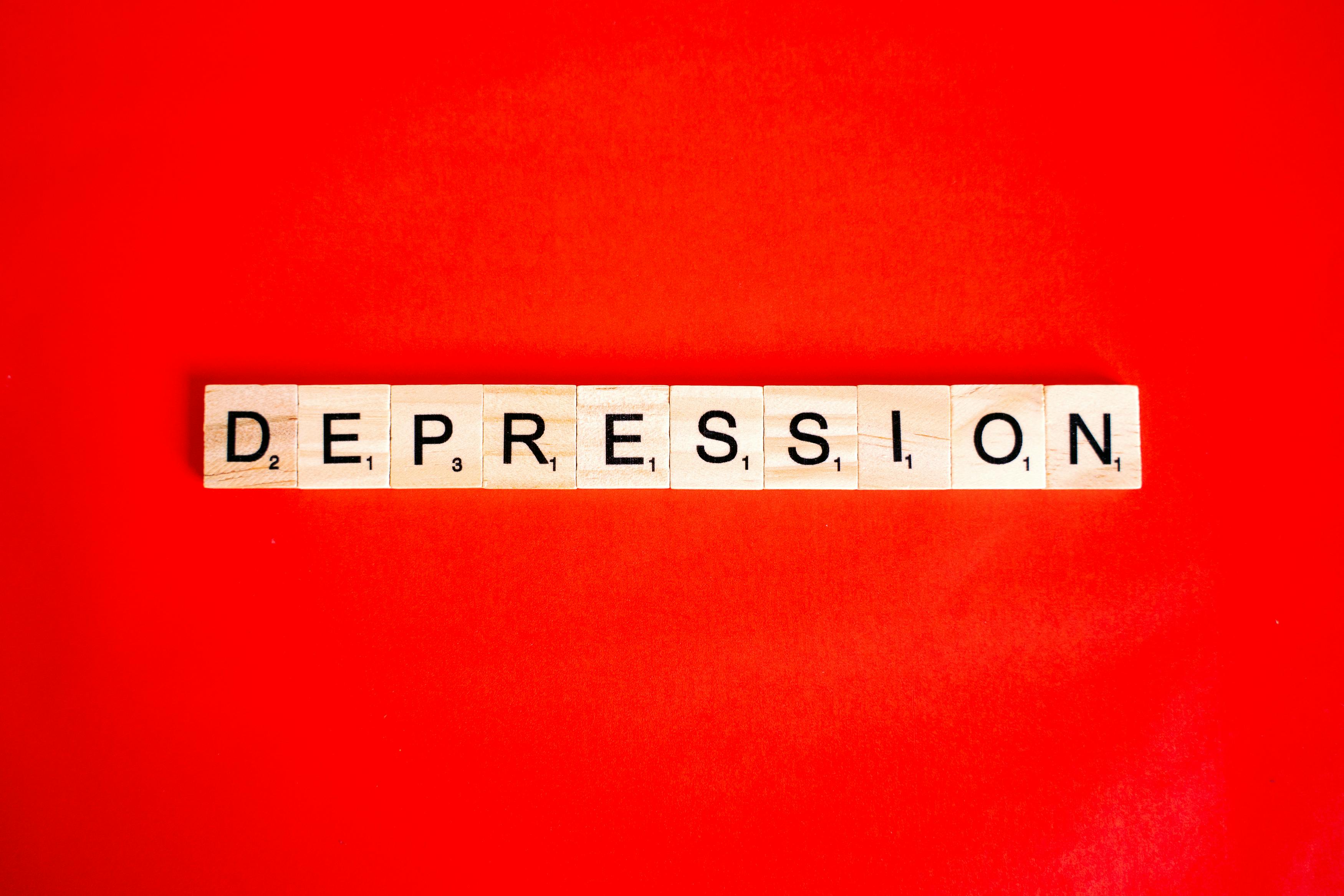Table of Contents
- Understanding Depression
- How a Mental Health Coach Can Help
- Unlocking Motivation: The Coach’s Approach
- Goal Setting and Planning
- Building Resilience and Self-Efficacy
- Cognitive-Behavioral Techniques
- Encouraging Physical Activity
- Breaking Through: Overcoming Barriers to Motivation
- The Science Behind Coaching and Motivation
- Measuring Success
- Conclusion: Embracing the Journey
- References
Understanding Depression
Depression… it’s not just about having a bad day or feeling blue. It’s a tough and complicated illness affecting more than 264 million people globally (yeah, these are World Health Organization numbers from 2020). We’re talking about a cocktail of symptoms—constant sadness, no interest in things you used to love, appetite changes, and even having a hard time focusing. For many, the hardest part is just mustering up the motivation to ask for help. Ever been there?
How a Mental Health Coach Can Help
So, let’s talk about mental health coaches. These folks are like your mental well-being partners, helping you hatch strategies to boost your mental health. Unlike the traditional therapist who might wade through your past, coaches are more about the here-and-now and what’s next. Think of them as your personal development partner, helping you set realistic goals, keeping you accountable, and cheering you on when you make those tiny yet significant changes in your life.
Unlocking Motivation: The Coach’s Approach
1. Goal Setting and Planning
Motivation can be such a slippery little thing, right? But having clear goals—ones you can actually reach—makes such a difference. Mental health coaches get this. They sit down with you, help you set these plans, and break it all down into steps you can tackle each day. I remember reading in the Journal of Clinical Psychology about how essential goal-setting is for improving depression symptoms (thanks to those studies by Dickson & Moberly back in 2013).
2. Building Resilience and Self-Efficacy
Resilience is like that inner spring that helps you bounce right back after all the life’s curveballs. And self-efficacy, well, it’s kind of like having faith in your own abilities. These are two traits that a coach will help you build because they’re essential in overcoming depression. According to research by Brailovskaia and her team in 2018, people with higher self-efficacy tend to have fewer depression symptoms. How about that?
3. Cognitive-Behavioral Techniques
Now, while they’re not therapists, mental health coaches often borrow from cognitive-behavioral techniques to help you swap out those pesky negative thoughts with more positive ones. I stumbled across a piece by Hofmann et al. in the Cognitive Therapy and Research journal that backs this approach, stating how cognitive-behavioral interventions do wonders in reducing depression symptoms.
4. Encouraging Physical Activity
You’ve heard it before, right? Exercise is more than just about fitting into your favorite jeans. It’s a fantastic mood booster, thanks to those endorphins that get released. Coaches often encourage making physical activities a staple in your routine. In fact, there’s a neat meta-analysis in the American Journal of Psychiatry that found exercise really does reduce depression symptoms (Schuch et al., rocked this study in 2016).
Breaking Through: Overcoming Barriers to Motivation
Addressing Stigma
Even with all the headway we’ve made, the stigma around mental health can still feel like a heavy fog. Fear of judgment keeps people silent, sadly. Coaches help clear the air, making discussions around mental health feel as normal as talking about the weather.
Personalized Support
Let’s face it, what works for one person might not do a thing for another. A coach’s personalized approach cuts through that one-size-fits-all nonsense, offering support tailored to your personal stories and struggles.
Continuous Encouragement
Sometimes, a gentle nudge (or continuous encouragement from a coach) is just what you need to get back on track. Those little check-ins, affirmations—they go a long way in building a client’s confidence.
The Science Behind Coaching and Motivation
Research is catching up with practice here, showing that coaching impacts mental health positively. In the Journal of Occupational Health Psychology, Theeboom’s study in 2014 demonstrated that coaching boosts psychological outcomes, effectively reinforcing its role as a vital tool against depression.
Measuring Success
How do you know you’re succeeding? Well, in coaching, it’s about hitting those personal benchmarks and, slowly but surely, noticing that your life feels a little brighter. Regular check-ins help adjust plans and celebrate those wins—big or small.
Conclusion: Embracing the Journey
Dealing with depression can feel like a heavy cloak, but a mental health coach might just have the magic to help lighten the load. Through setting realistic goals, fostering resilience, and a whole lot of encouragement, they’d walk alongside you, providing direction and hope.
Want to know more about transforming your path with a mental health coach? Step forward and explore how they can help, by visiting Hapday.
References
- World Health Organization. (2020). Depression.
- Dickson, J. M., & Moberly, N. J. (2013). Goal appraisals and depression. Journal of Clinical Psychology.
- Brailovskaia, J., et al. (2018). Self-efficacy and depression. Frontiers in Psychology.
- Hofmann, S. G., et al. (2012). The Efficacy of Cognitive Behavioral Therapy: A Review of Meta-analyses. Cognitive Therapy and Research.
- Schuch, F. B., et al. (2016). Physical activity and incident depression: A meta-analysis of prospective cohort studies. American Journal of Psychiatry.
- Theeboom, T., et al. (2014). The effectiveness of coaching: A meta-analysis of learning and performance outcomes. Journal of Occupational Health Psychology.

